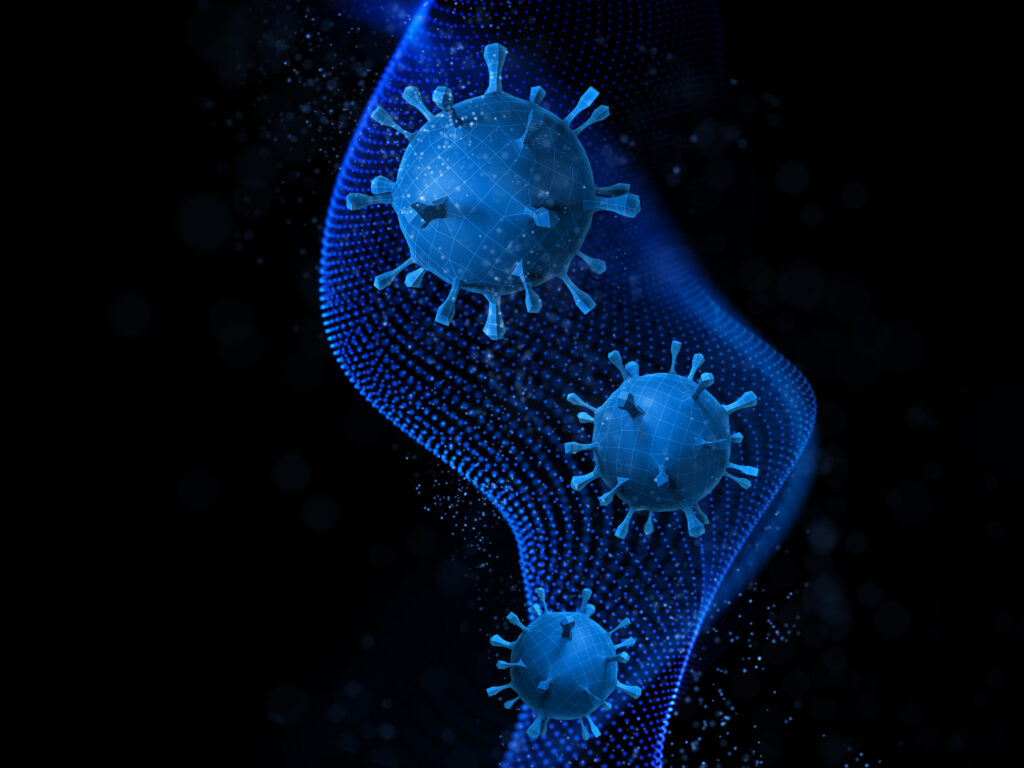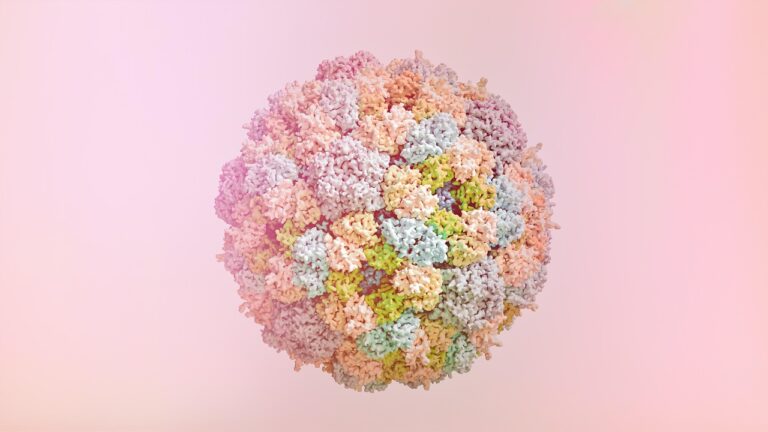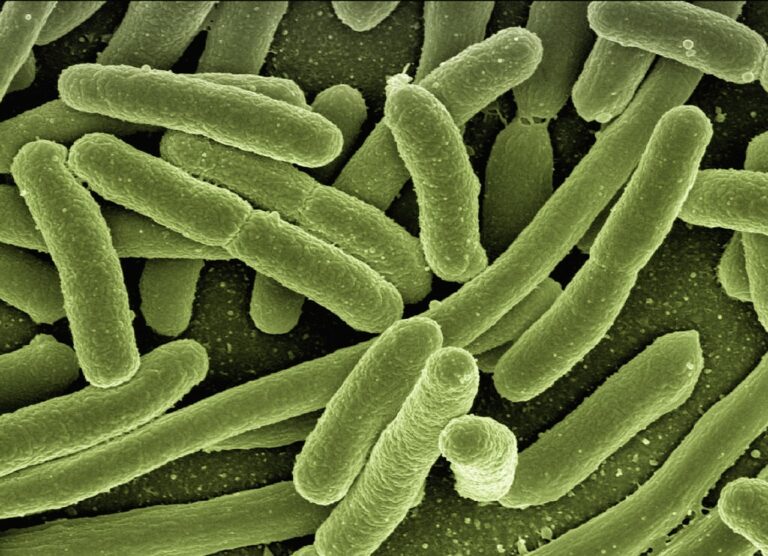New Virus Threats: Emerging Global Risks and Outbreak Updates

What Is a Virus?
A virus is a microscopic pathogen that infects living cells, using them to replicate. Viruses can cause various diseases, from the common cold to severe infections like influenza, COVID-19, and hepatitis. They spread through direct contact, airborne droplets, contaminated surfaces, and even digital systems in the case of computer viruses.
How Viruses Spread
Airborne transmission
Coughing, sneezing, or even talking can release virus particles into the air.
Surface contact
Touching contaminated objects and then your face can lead to infection.
Direct contact
Shaking hands, kissing, or other close interactions can transfer viruses.
Food and water contamination
Some viruses, like norovirus and hepatitis A, spread through contaminated food.
Infected animals or insects
Bites from infected mosquitoes (Zika, dengue, malaria) or handling infected animals can transmit viruses.
Bloodborne transmission
Viruses like HIV, hepatitis B, and hepatitis C spread through infected blood via needles, transfusions, or unprotected medical procedures.
Effective Ways to Prevent Viral Infections
Personal Hygiene
Wash hands with soap for at least 20 seconds. Use alcohol-based hand sanitizers (at least 60% alcohol). Avoid touching your face, especially your mouth, nose, and eyes.
Boosting the Immune System
Eat a balanced diet rich in vitamins (C, D, and zinc help strengthen immunity). Get enough sleep (7–9 hours per night). Exercise regularly to enhance immune response. Manage stress, as chronic stress weakens immunity.
Vaccination
Stay updated on recommended vaccines (flu, COVID-19, hepatitis, HPV). Ensure children receive routine immunizations. Travel with required vaccinations if visiting high-risk areas.
Proper Food Handling
Wash fruits and vegetables thoroughly. Avoid undercooked or raw meat and seafood. Store and cook food at safe temperatures to prevent contamination.
Using Protective Measures
Wear masks in crowded places, especially during outbreaks. Use disinfectant wipes on frequently touched surfaces (phones, door handles). Maintain social distancing in high-risk environments.
Treating Viral Infections
- Antiviral medications – Effective for conditions like influenza, HIV, and herpes.
- Hydration and rest – Helps the body fight mild infections.
- Fever management – Use fever reducers if necessary (acetaminophen or ibuprofen).
- Seeking medical attention – If symptoms worsen, consult a doctor.
Useful resources

Bacteriophages Explained: How Virus Hunters Target Bacteria
Every second, bacteriophages viruses that infect bacteria destroy an estimated 10^23 bacterial cells, quietly…

Types of Viruses: Overview, Examples, and How They Spread
A coronavirus carries about 30,000 RNA bases; a parvovirus gets by with roughly 5,000;…

How Vaccines Work: Your Immune System’s Training Guide
In 1963, measles killed an estimated 2.6 million people worldwide; after two vaccine doses…
Useful information
Understanding what a virus is and how it spreads is the first step in protection. By following hygiene practices, boosting immunity, staying vaccinated, and using digital security measures, you can effectively minimize the risk of viral infections. Stay informed, stay safe!